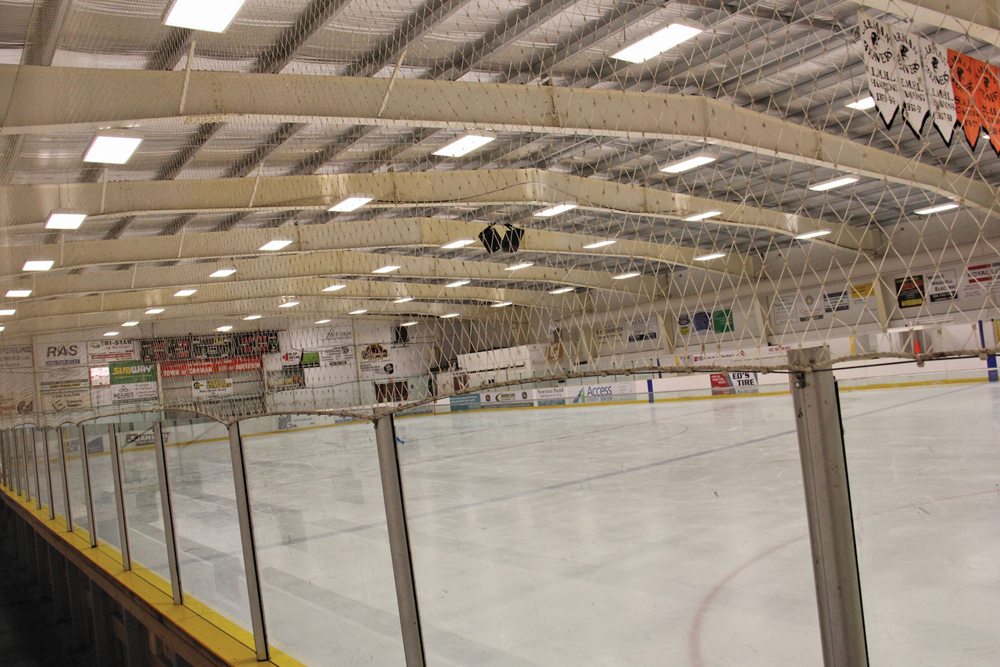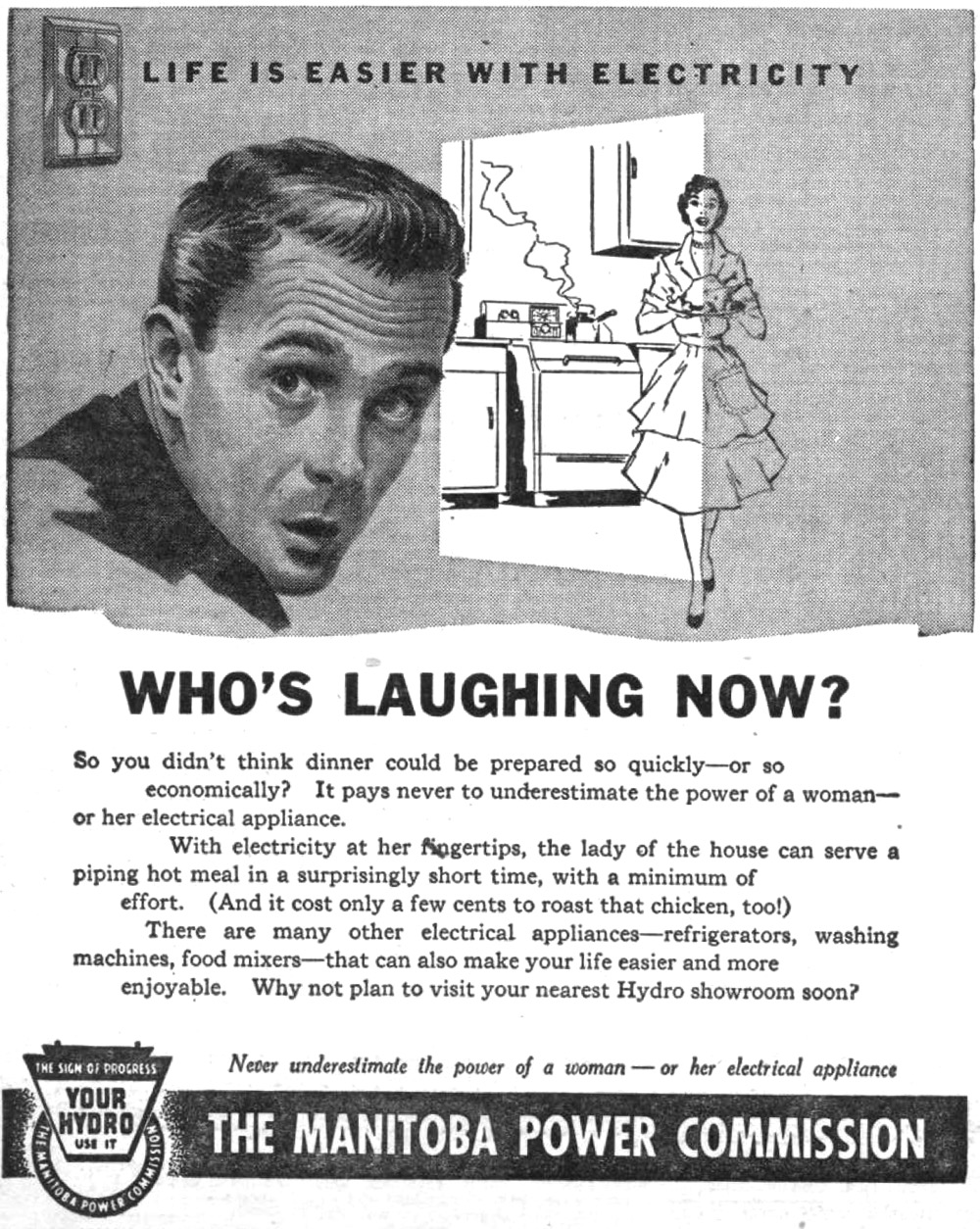RENA NERBAS
Lightning is responsible for more deaths and property loss than tornadoes, hurricanes and floods combined.
There are three ways that lightning enters a home: a direct strike, through wires or pipes that extend outside the structure, through electrical phones, plumbing, radio/television systems, through any metal wires or bars in concrete walls or flooring.
During a storm avoid contact with corded phones, electrical equipment or cords.
Avoid contact with plumbing. Do not wash your hands, take a shower, wash dishes, do laundry.
Read Also

Giant Canada geese have gone wild in Manitoba
Giant Canada geese are seemingly everywhere and can be fine table fare for local hunters, but 70 years ago, they were borderline extinct.
Stay away from windows, doors and porches.
Do not lie or lean against concrete walls or floors.
Doghouses are not lightning safe. Dogs that are chained to trees can become victims of lightning striking.
To control (not prevent) lightning
from striking: install a lightning protection system that complies with current nationally recognized codes. Lightning protection systems consist of air terminals (lightning rods) and associated fittings connected by heavy cables to grounding equipment. This provides a path for the lightning current to travel safely to the ground.
The installation of a lightning protection system must be done by a certifi ed lightning protection contractor and is not available through all general practice engineering.
It is a myth that wearing jewelry and shoes with metal spikes will attract lightning to you.
The following is a checklist of what to include in a family disaster kit. Store in an easily accessible, easy-to-carry container: Water, three-day supply of one gallon per person per day (change every six months). Food, at least a three-day supply of non-perishable food and can opener. First aid kit, toilet paper/towelettes, soap, liquid detergent, personal hygiene items, plastic garbage bags and ties, plastic bucket with tight lid, disinfectant, battery-operated radio with extra batteries,
household chlorine bleach, one complete change of clothing including sturdy footwear, rain gear, blankets, sleeping bag, family records, important phone numbers, inventory of valuable household goods, baby formula, diapers and medication.
Do not stand under a carport or in a garage during a storm.
During a storm watch, make sure lawn furniture is secure and flashlights have working batteries. Also, shutters need to be secured down.
After evacuating due to a storm, check for gas leaks, report utility damage, discard spoiled food.
I enjoy your questions and tips, keep them coming!
Check out my website! www.householdsolutions.org.
Reena Nerbas is a professional speaker and the author of three national best-sellers,
Household Solutions 1 with Substitutions, Household Solutions 2 with
Kitchen Secrets and Household Solutions 3 with Green Alternatives. Books and
Household Solutions 1, 2 and 3 Cooking/ Cleaning Gift Packs are available online or by calling: 204-320-2757.














